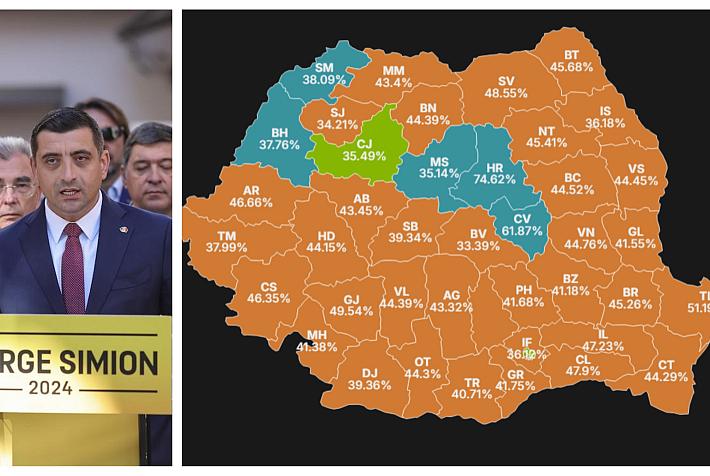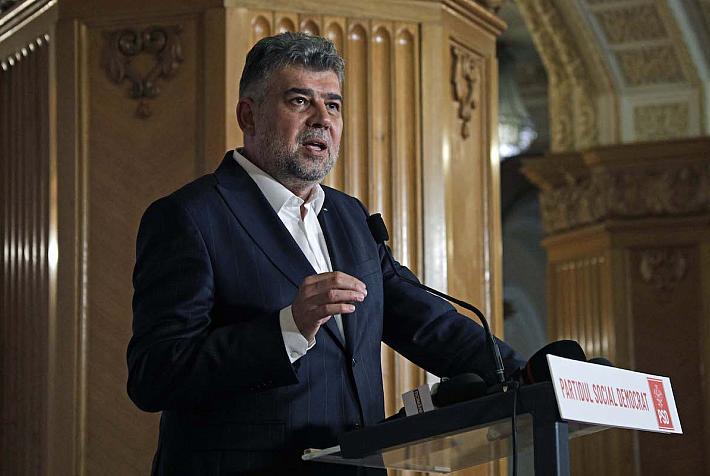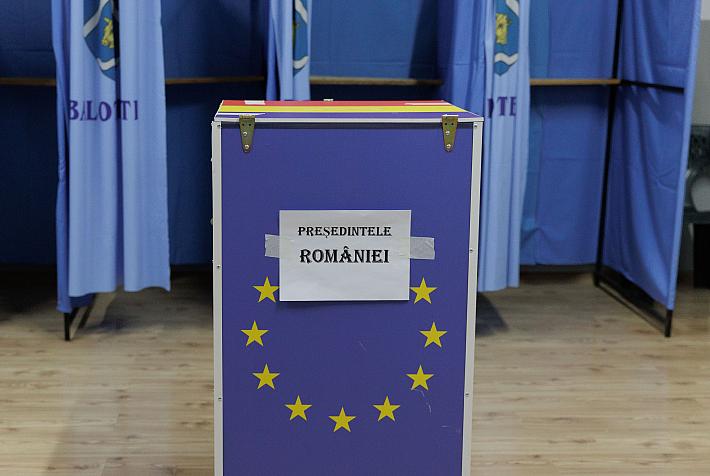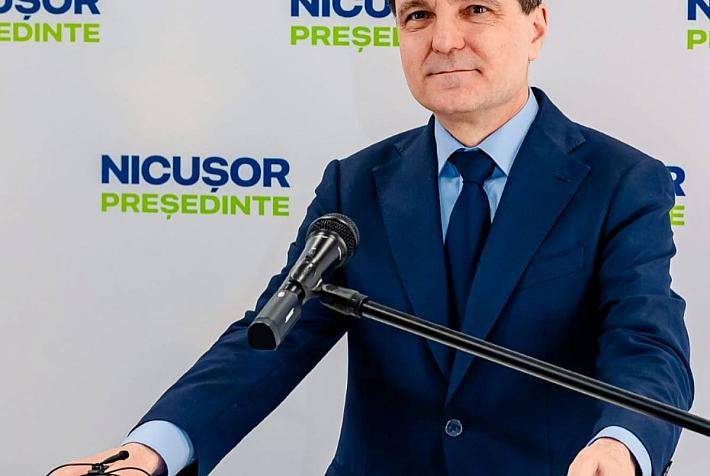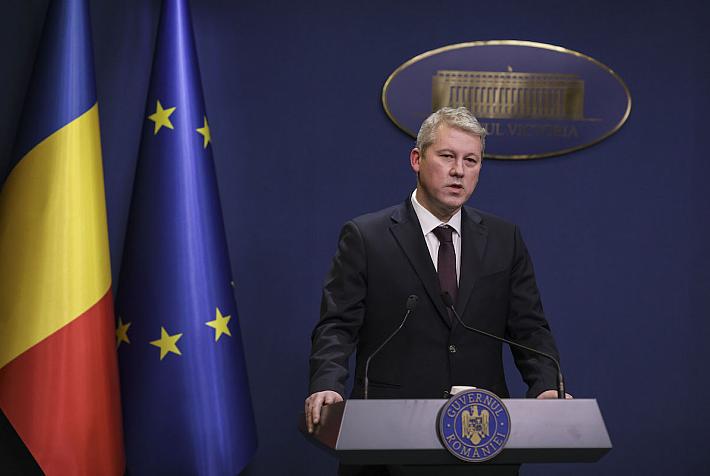Off the shelf: checking-in at Bucharest libraries

Simona Fodor checks the main Bucharest libraries where foreigners can read, unwind, surf the internet and be part of the community.
The year 1831 saw the establishment of the St. Sava College library in Bucharest, one of the first public libraries in the country, with a collection totaling then around 1,000 books. Almost two hundred years later the capital’s public libraries are starting to reinvent themselves with a community focus, in keeping with the wider European trend. And for those whose first language is not Romanian, they can make for spaces to check out for some of the additional services and activities they offer.
Having opened the doors of its new building in 2012, the National Library of Romania (22 Unirii Blvd.) has a collection of foreign-language materials belonging to the Omnia branch, permanently expanding with various additions from books and textbooks to magazines and newspapers. To obtain a pass for the National Library one needs to show the ID card, passport or residence permit at the library’s HQ or pre-register online here (form only in Romanian).
Registration is free of charge and so is the use of the internet in the areas for the public on the ground floor, mezzanine and the first floor. There is plenty of seating space. Plus, a restaurant and a café might be added to the venue as the Ministry of Culture, which also has its headquarters here, recently announced it was seeking the Government’s approval to lease two spaces inside the library’s building.
The new building of the library, which has seven floors above the ground, two bellow and a 30-meter atrium, started to be constructed in the communist period but works came to a halt after the 1989 revolution. The building, close to Unirii Square, stood half finished until 2009 when Aedificia Carpati won the tender for its completion. Free, guided tours of the National Library are also available, allowing those interested the opportunity to learn more about the edifice, the library’s collections and its reading halls.
On the first floor you can find the philology disciplines, the legal sciences, the American Corner, covering publications about American culture and civilization, and Ludoteca, a space for children. The second floor hosts the periodicals collection, the complete collection of central newspapers from 1990 to the present and collections of publications from the past four years. You can search the library’s catalog here.
A place for children of kindergarten age, Ludoteca Apolodor din Labrador (Apolodor of Labrador) hosts educational activities and offers many storybooks in various languages, coloring, pop-up, 3D and 4D books. It welcomes children to socialize and learn here. Its name references a well-known book of poems for children, written by Gellu Naum, a Romanian representative of the Surrealist movement, and the main character, penguin Apolodor.
Besides various exhibitions, among which the most recent is one of books published between 2010 and 2015 and written by prisoners while they were serving their jail sentences, the library hosts until mid-February a series of brief music events, covering genres as diverse as classical and contemporary music, jazz, folklore covers and more.
The National Library is open 10:00 to 18:00 on Mondays, Wednesdays and Fridays, and 12:00 to 20:00 on Tuesdays and Thursdays. Access to the reading halls starts at 08:00.
With a network of more than 30 branches in Bucharest, the Metropolitan Library (4 Tache Ionescu St.) is another public library non-nationals residing in Bucharest can access. Entrance to its reading rooms and internet areas is made based on a permit obtained with an ID card or passport.
The library and its branches regularly host various conferences, exhibitions, literature-themed and music events. Their latest project kicked off February 6, 2016 and was titled The Stories Hour (Ora de Povesti), where invited writers, actors, singers and bloggers read to audiences of children aged 3 to 6.
During summers, the library sets up in the courtyard of its central headquarters The Reading Garden (Gradina de citit), a public space where anyone can read, enjoy the shade and the free WiFi. Cultural and creative events are also organized here during weekends.
Last year the library rolled out a program for senior citizens in Bucharest allowing them to take classes to learn how to use the computer, write in a word document, surf the web, use an email account and communicate on Skype and Facebook. More than eight years ago the library also digitized part of its collections, over 7.6 million pages, which can be found at www.digibuc.ro. The Romanian Avant-garde, noble families of Romania, women’s image in society and culture are all topics that can be consulted here.
Starting with January of this year, the library has a new schedule, according to which 18 branches are open on Saturdays between 10:00 and 18:00 and one (the Nichita Stanescu branch) is open on Sundays, also between 10:00 and 18:00. Twelve other branches are open 12:00 to 20:00 Mondays to Wednesdays and 8:00 to 16:00 Thursdays and Fridays. You can check the schedule of all of the library’s branches here.
Foreign cultural institutes in Bucharest all host libraries where you can consult various books, newspapers, magazines and audio-visual material. The British Council Library (14 Calea Dorobantilor) has a collection on topics as varied as management, marketing, advertising, public relations, communication, information technology, social sciences, personal and professional development, arts, fiction, and more. One can find here an MBA collection, and publications such as Vogue, Wired, New Scientist or Time. The library of the French Institute also offers, besides its collection of volumes of classic and modern literature, many titles of newspapers, magazines, specialized journals and consumer magazines as well as a rich multimedia collection.
In addition to the traditional reading room and lending services, the library of the Goethe Institute (8-10 Tudor Arghezi St.) offers the option of lending digital media in the form of eBooks, eAudios and ePapers. The Onleihe eLibrary currently makes around 25,000 media available. A similar type of service is offered at the Cervantes Institute (38 regina Elisabeta Blvd.), where readers can access the electronic library, comprising of audio books, electronic books and various resources including dictionaries and digital press.
A list of the cultural institutes in Bucharest is available here at City Compass.
Transformation by the numbers
A push for the transformation of local public libraries came with the Biblionet program, rolled out over six years starting with 2009. The program, developed in partnership with the Bill & Melinda Gates Foundation, the Association of Librarians of Romania (ANBPR), the Ministry of Culture, local and national authorities, and public libraries across the country, helped equip over 80 percent of the country’s libraries with tech tools and internet, trained 4,200 librarians to use new technology to provide better services and created professional development programs for librarians. According to a research conducted as part of the Biblionet program, around 275,000 Romanians first went on the internet because of the new service offered by the library.
By Simona Fodor, Associate Editor, City Compass Media






